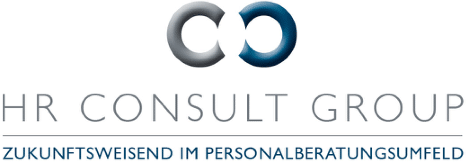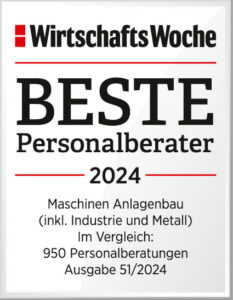Grenzenlos rekrutieren, global führen: Unser neues Fachbuch ist da!
Die internationale Welt des Recruitings wächst rasant. Kulturelle Vielfalt, neue Technologien und globale Arbeitsmärkte stellen Unternehmen und HR-Verantwortliche vor völlig neue Herausforderungen. Genau hier setzt unser neues Fachbuch an: „Die Zukunft der Führungskräftegewinnung“ von Dr. Armin Betz ist ein praxisnaher Leitfaden für alle, die im internationalen Umfeld Top-Führungskräfte gewinnen wollen – strategisch, menschlich und zukunftsorientiert.
Warum dieses Buch?
Ob Mittelständler mit Expansionsplänen oder Konzern mit weltweitem Footprint: Wer international erfolgreich rekrutieren will, braucht mehr als nur gute Stellenanzeigen. Die Zukunft der Führungskräftegewinnung zeigt, wie globale Personalgewinnung heute funktioniert – mit dem richtigen Mix aus digitalem Fortschritt, interkultureller Kompetenz und strategischem Know-how.
Das Buch liefert Antworten auf zentrale Fragen:
- Wie können Unternehmen weltweit passende Führungskräfte finden und binden?
- Welche Rolle spielt Künstliche Intelligenz – und wo ist weiterhin Menschenkenntnis gefragt?
- Was sollten Sie bei internationalen Einstellungen rechtlich, steuerlich und kulturell beachten?
Einblicke ins Buch
Globale Märkte – globale Talente
Erfahren Sie, warum internationale Executive Search keine 1:1-Kopie lokaler Prozesse ist – sondern ein sensibler Balanceakt zwischen Standardisierung und kultureller Anpassung.
Kulturelle Vielfalt verstehen
Von der Ansprache über Auswahlprozesse bis hin zur Führung im internationalen Kontext: Das Buch beleuchtet die Bedeutung kultureller Unterschiede in jeder Phase des Recruitings.
Technologie trifft Human Touch
Wie KI bei der Auswahl unterstützen kann – und wo der Mensch unersetzlich bleibt. Ein ehrlicher Blick auf Chancen und Grenzen digitaler Tools.
Recht, Steuern & Strategie
Erhalten Sie fundierte Orientierung zu internationalen Rahmenbedingungen, Vertragsgestaltung und steuerlichen Fragen.
Für wen ist das Buch gedacht?
Die Zukunft der Führungskräftegewinnung richtet sich an:
✅ Geschäftsführungen mittelständischer Unternehmen mit internationalen Ambitionen
✅ HR-Verantwortliche und Personalentscheider in global tätigen Firmen
✅ Personalberater:innen mit Fokus auf internationale Mandate
✅ Hochschulen und Netzwerke mit HR-Schwerpunkt
✅ Alle, die Personalgewinnung neu und global denken wollen
Mit über 400 Seiten, zahlreichen Praxisbeispielen, Checklisten und Gastbeiträgen von Expert:innen wie Robert T. Heinemann, Prof. Dr. Moritz Behm, Jochen Mühlbauer und Brigitte Hunger bietet das Buch wertvolle Impulse für eine zukunftsfähige Recruiting-Strategie.
Fazit: Ihre Roadmap für internationale Exzellenz
„Globale Personalgewinnung bedeutet mehr als nur Sprache und Zeitverschiebung – sie braucht kulturelles Fingerspitzengefühl, strategische Klarheit und digitale Exzellenz.“
– Dr. Armin Betz
Wenn Sie über Ländergrenzen hinweg rekrutieren – oder damit beginnen möchten –, dann ist Die Zukunft der Führungskräftegewinnung genau die richtige Lektüre.



